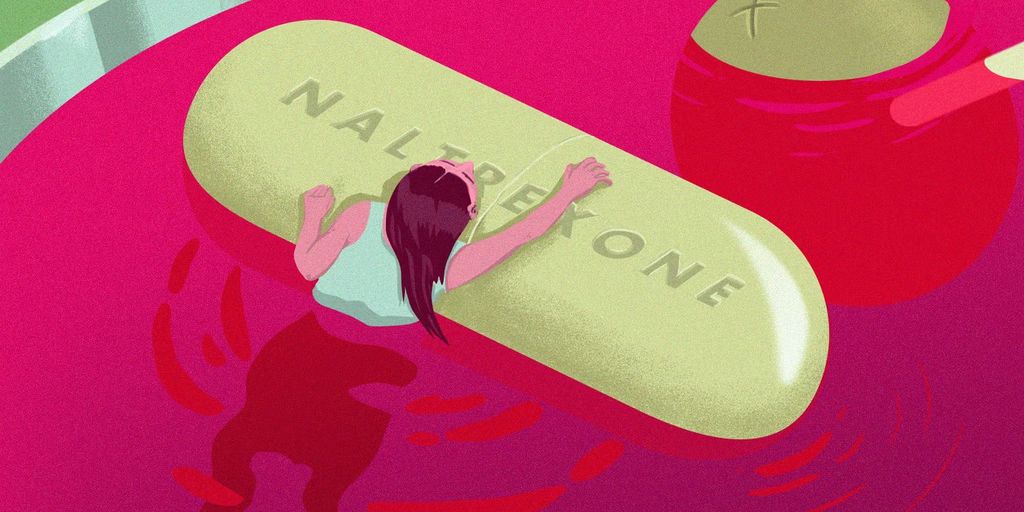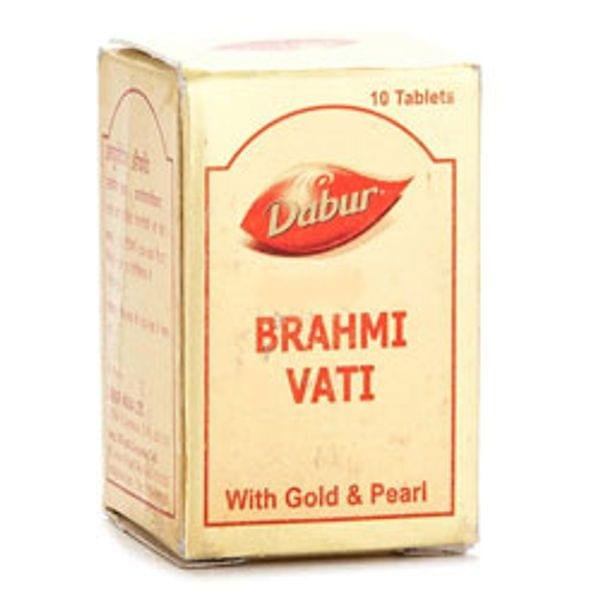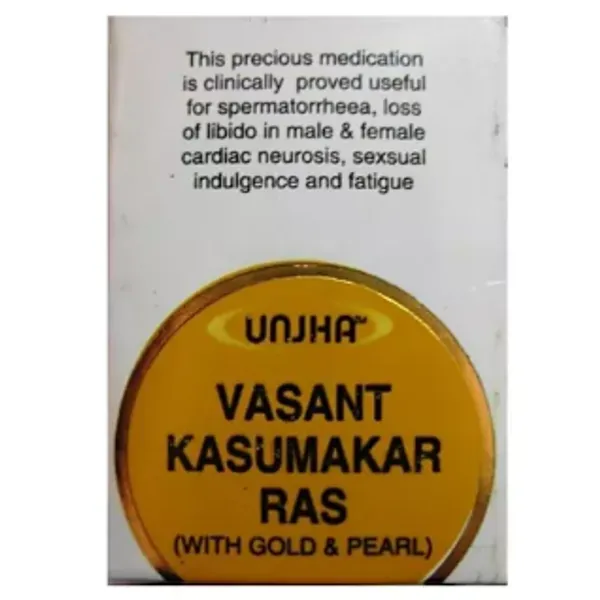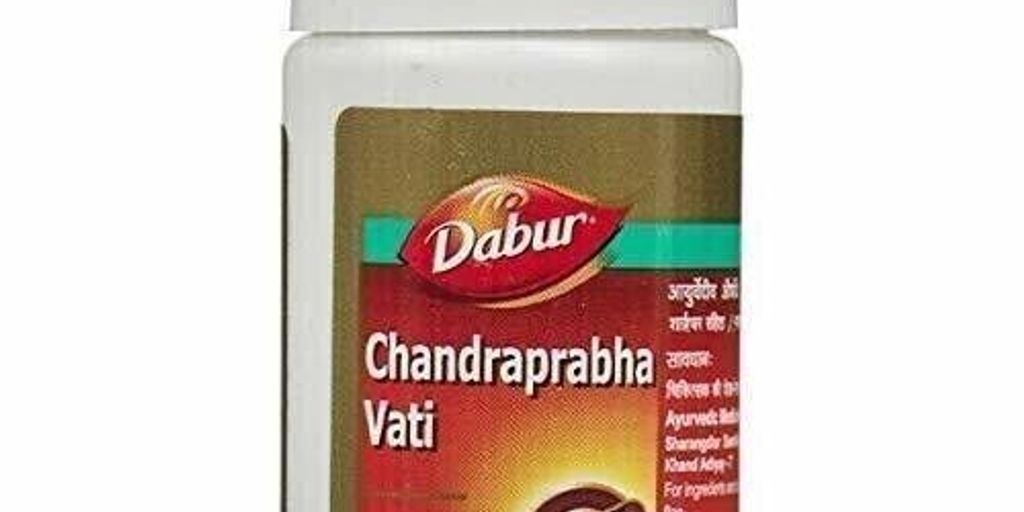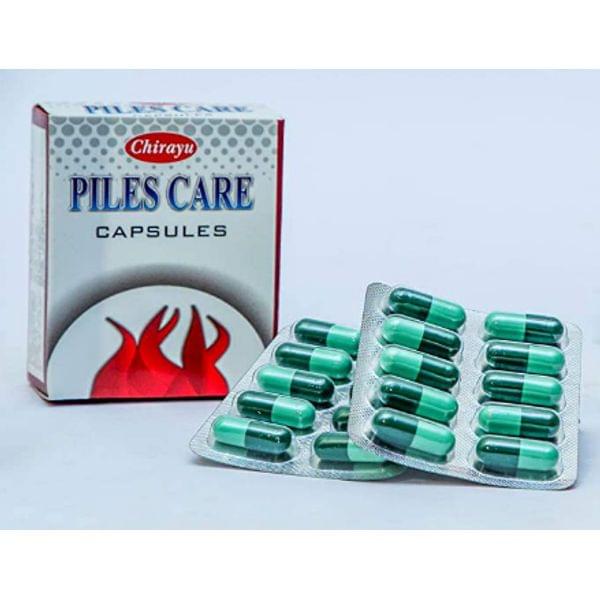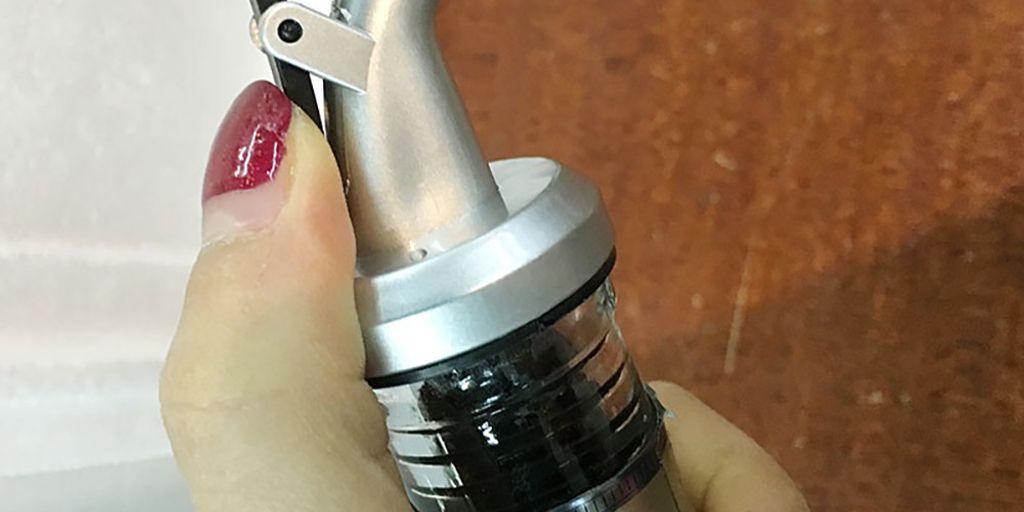Unani medicine, a traditional system of healing that originated in Greece and flourished in the Islamic world, is increasingly being explored for its potential in treating various health issues, including male infertility. This article delves into the ways Unani medicine can boost male fertility, discussing its historical roots, diagnostic methods, herbal remedies, dietary and lifestyle recommendations, therapeutic practices, and the challenges faced in integrating it with modern healthcare.
Key Takeaways
- Unani medicine offers a holistic approach to male fertility, emphasizing the balance of bodily humors and individualized treatment.
- Herbal remedies in Unani medicine, such as certain aphrodisiacs and tonics, are believed to enhance sperm quality and sexual function.
- Diet and lifestyle modifications based on Unani principles can contribute to improved reproductive health and overall well-being.
- Unani therapeutic practices, including detoxification and bodywork, aim to purify the body and balance its humors, potentially aiding fertility.
- While Unani medicine provides alternative insights into male fertility, challenges in safety, efficacy, and integration with conventional medicine remain.
Understanding Unani Medicine and Male Fertility
Historical Roots of Unani Medicine
The Unani System of Medicine, with its rich tapestry of history, is believed to have originated in the lands of Egypt and Mesopotamia. The earliest roots of Unani Medicine are often attributed to Hermes, known in some traditions as Idris A. S., a figure shrouded in the mists of time and revered for his wisdom.
Unani Medicine’s journey through the ages has been marked by the contributions of various cultures and civilizations. It was further developed by the Persians and Arabs, who integrated their own medical knowledge with that of the Greeks, thereby enriching the system with a diverse array of practices and philosophies.
The essence of Unani Medicine lies in its holistic approach, which emphasizes the balance between the body’s humors to achieve health and well-being.
The system’s principles and practices were meticulously documented by scholars and practitioners, ensuring their transmission through generations. This has allowed Unani Medicine to endure as a form of traditional healing, offering insights into male fertility and overall health that are still explored today.
Principles of Unani and Reproductive Health
Unani medicine, with its holistic approach, emphasizes the balance of the four humors: blood, phlegm, yellow bile, and black bile. For male fertility, this balance is crucial, as it is believed to affect the quality and quantity of sperm. The principles of Unani suggest that an imbalance in these humors can lead to health issues, including reproductive challenges.
Herbal products are often prescribed in Unani medicine to correct such imbalances, with a focus on enhancing virility and improving sperm production. These products are derived from natural sources and are tailored to the individual’s unique humor composition.
- Blood (Dam): Nourishes the body, linked to sperm production
- Phlegm (Balgham): Maintains body fluid balance, can impact semen quality
- Yellow Bile (Safra): Associated with metabolism, excess can cause dysfunction
- Black Bile (Sauda): Related to detoxification, imbalance can affect potency
The key to successful treatment in Unani medicine is the customization of herbal remedies and lifestyle adjustments to the individual’s specific needs, ensuring a targeted and effective approach to enhancing male fertility.
While Unani medicine offers a rich tapestry of treatments for male infertility, it is important to consider these in conjunction with modern medical advice. The integration of traditional wisdom with contemporary healthcare practices can provide a comprehensive path to improved reproductive health.
Unani Diagnosis for Male Infertility
In Unani medicine, the diagnosis of male infertility involves a holistic approach that considers both physical and psychological factors. The temperament of the individual is assessed, which is believed to influence reproductive capabilities. A detailed history and examination are conducted to identify any imbalances in the humors that may affect fertility.
- Examination of the semen quality, including volume, viscosity, and sperm count
- Assessment of lifestyle factors that may impact fertility, such as sleep patterns and stress levels
- Evaluation of dietary habits to ensure they align with Unani principles
The process of diagnosis in Unani medicine is comprehensive, aiming to uncover the root causes of infertility rather than just addressing the symptoms.
Once the diagnosis is complete, a personalized treatment plan is developed. This plan may include herbal remedies, dietary adjustments, and specific lifestyle changes to restore balance and enhance fertility.
Herbal Remedies in Unani Medicine for Enhancing Fertility
Common Herbs and Their Properties
Unani medicine utilizes a plethora of herbs known for their fertility-enhancing properties. Each herb is believed to possess unique qualities that can help in improving sperm count, motility, and overall reproductive health. For instance, herbs like Safed Musli, Ashwagandha, and Gokshura are commonly prescribed for their aphrodisiac and rejuvenative effects.
- Safed Musli: Known for its spermatogenic properties, it is often recommended to increase sperm count and vitality.
- Ashwagandha: Helps in combating stress and improving semen quality.
- Gokshura: Aids in erectile function and can enhance libido.
The right combination and dosage of these herbs are critical for achieving the desired outcomes in male fertility.
While discussing various herbal remedies and supplements like Tilai Mumsik Gotika, Hamdard Majun Salab, and others, it’s important to consider their health benefits and well-being enhancement. These formulations are often part of a broader treatment plan that includes dietary and lifestyle changes.
Preparation and Dosage of Herbal Formulations
The meticulous preparation of herbal formulations is a cornerstone of Unani medicine, particularly when addressing male fertility issues. Correct preparation and dosage are crucial to the efficacy of the treatment. Herbs must be cleaned, sorted, and sometimes ground into fine powders or concocted into syrups and pastes.
Dosage is determined by a variety of factors, including the individual’s constitution, the nature of the infertility being treated, and the specific herbs being used. Below is a simplified table outlining the general preparation and dosage guidelines for some common Unani herbs:
| Herb | Preparation | Dosage |
|---|---|---|
| Safed Musli | Powder | 3-6 grams daily |
| Gokshura | Decoction | 50-100 ml daily |
| Ashwagandha | Powder | 3-5 grams twice daily |
It is imperative to consult with a qualified Unani practitioner to tailor the herbal regimen to the patient’s unique needs and to monitor progress and any potential side effects.
While the table provides a basic framework, the actual process can be more complex, involving specific timings and combinations of herbs. The goal is to enhance the therapeutic properties and ensure the active ingredients are effectively utilized by the body.
Case Studies: Success Stories and Evidence
The efficacy of Unani medicine in enhancing male fertility is not just theoretical but also evidenced through various case studies. Success stories abound, with many individuals reporting significant improvements in sperm quality and overall reproductive health after following Unani treatment protocols.
Herbal remedies, dietary adjustments, and lifestyle changes are often cited as pivotal elements in these success stories. Below is a summary of key findings from a selection of case studies:
- Improved sperm motility and count after consistent use of prescribed Unani herbs.
- Enhanced sexual vitality and libido following dietary recommendations.
- Positive lifestyle modifications leading to better stress management and improved fertility outcomes.
It is important to note that while these case studies provide valuable insights, they do not substitute for clinical trials. The individualized nature of Unani treatment necessitates a personalized approach, which is a core principle of this traditional system of medicine.
Despite the promising anecdotes, further research is needed to establish the scientific basis and standardize the protocols for wider acceptance. The table below illustrates the outcomes of selected case studies:
| Case Study | Duration | Outcome |
|---|---|---|
| Case #1 | 6 months | 50% increase in sperm count |
| Case #2 | 4 months | Improved sperm motility by 40% |
| Case #3 | 5 months | Enhanced libido and sexual health |
Diet and Lifestyle in Unani Medicine for Fertility
Dietary Recommendations for Optimal Sperm Health
In the realm of Unani medicine, dietary considerations are paramount for enhancing male fertility. A balanced diet, rich in certain nutrients, is believed to improve the quality and quantity of sperm. Foods that are high in antioxidants, such as fruits and vegetables, are encouraged as they help protect sperm from oxidative stress.
Key dietary components include:
- Zinc, crucial for testosterone production and sperm formation
- Selenium, an antioxidant that plays a role in sperm motility
- Folic acid, which contributes to the generation of healthy sperm
- Vitamin C and E, known for their antioxidant properties
It is essential to understand that a diet alone may not be sufficient for addressing fertility issues, but it is a critical component of a holistic Unani treatment plan.
While these nutrients are vital, the approach to eating in Unani medicine also emphasizes the importance of meal timing and food combinations for optimal digestion and assimilation. Adhering to these principles can lead to improved overall health and, consequently, better reproductive health.
Lifestyle Adjustments to Improve Fertility
In the realm of Unani medicine, lifestyle is considered a pivotal factor in enhancing male fertility. Adopting a holistic approach to daily living can significantly influence sperm health and vitality. Key lifestyle adjustments include:
- Regular physical activity to improve circulation and overall health.
- Adequate sleep, which is essential for hormonal balance and sperm production.
- Stress reduction techniques such as meditation or yoga, as stress can negatively impact fertility.
- Avoidance of smoking and excessive alcohol consumption, both of which are detrimental to sperm quality.
It is crucial to understand that these lifestyle changes are not just temporary fixes but should be integrated as a part of a continuous and balanced way of life.
Incorporating these practices can lead to noticeable improvements in sperm count and motility, echoing the Unani Medicine Solutions For Low Sperm Count. Herbs like Tribulus Terrestris and Withania Somnifera (Ashwagandha) complement these lifestyle shifts by directly enhancing reproductive functions.
Integrating Unani Dietary Principles with Modern Habits
In the fast-paced modern world, integrating traditional Unani dietary principles can seem challenging. However, with a conscious effort, one can blend the ancient wisdom of Unani with contemporary nutritional science to enhance male fertility. Balancing the old with the new is key to a holistic approach to health.
Unani medicine emphasizes the importance of a balanced diet that aligns with an individual’s unique temperament. To incorporate these principles, start by understanding your body type and the foods that are most beneficial for you. Here’s a simple guide to get started:
- Identify your dominant humor (phlegm, blood, yellow bile, or black bile).
- Select foods that balance your humor. For example, if you have an excess of phlegm, opt for warming and drying foods.
- Integrate these foods into your daily meals, considering modern nutritional guidelines.
By mindfully combining Unani dietary principles with modern eating habits, one can create a personalized nutrition plan that supports reproductive health and overall well-being.
While Unani medicine provides a framework for healthy eating, it is essential to adapt these guidelines to the realities of contemporary life. This might mean finding the Unani equivalents of modern foods or adjusting the timing of meals to fit a busy schedule. The goal is to make Unani dietary practices accessible and practical for today’s lifestyle.
Unani Therapeutic Practices for Male Fertility
Detoxification and Purification Techniques
In the realm of Unani medicine, detoxification and purification are considered essential for restoring and enhancing male fertility. These techniques are aimed at cleansing the body of toxins that may impair the balance of the humors, which are believed to be crucial for optimal health and reproductive function.
- Fasd (Venesection): A traditional method of detoxifying the blood by carefully removing a small quantity of it.
- Irsaal-e-Alaq (Leech therapy): Employed to purify the blood, particularly when there is a presence of impurities affecting fertility.
- Hammam (Steam bath): Utilized to facilitate the removal of toxins through sweating, thereby purifying the body.
The efficacy of these practices hinges on the individual’s constitution and the underlying causes of infertility. It is imperative to consult with a qualified Unani practitioner to tailor the detoxification process to the patient’s specific needs.
While these practices are steeped in tradition, it is important to approach them with caution and to consider their compatibility with contemporary medical understanding. The integration of Unani detoxification techniques into a modern lifestyle requires careful consideration of both the potential benefits and the limitations inherent in these ancient practices.
Massage and Bodywork in Unani Treatments
In the realm of Unani medicine, massage and bodywork are considered pivotal for enhancing male fertility. These practices are believed to improve circulation and balance the body’s energies, which are crucial for reproductive health. Marma therapy, a technique with historical roots in ayurveda, is often incorporated into Unani treatments to target vital energy points in the body.
- Marma massage focuses on specific points to stimulate energy flow.
- Gentle kneading and pressure techniques are used to release blockages.
- Regular sessions are recommended to maintain optimal health and fertility.
The integration of massage and bodywork in Unani medicine is not just about physical manipulation; it’s about nurturing the body’s innate ability to heal and maintain balance, which is essential for fertility.
While these practices are widely accepted in Unani medicine, it’s important to consult with a qualified practitioner to ensure they are performed correctly and to tailor the approach to the individual’s needs.
Regimens for Balancing Bodily Humors
In Unani medicine, the balance of the four bodily humors is essential for maintaining health and fertility. Specific regimens are prescribed to harmonize these humors, which include blood, phlegm, yellow bile, and black bile. Each humor corresponds to different bodily functions and temperaments.
Detoxification processes, such as cupping and bloodletting, are often recommended to remove excesses and purify the body. These practices are complemented by tailored dietary guidelines and herbal supplements that align with the individual’s unique humoral constitution.
The goal is to create a harmonious internal environment that is conducive to optimal sperm production and overall reproductive health.
The following list outlines key components of a regimen for balancing bodily humors:
- Personalized assessment of humoral imbalance
- Selection of appropriate detoxification techniques
- Customized dietary plan
- Herbal supplementation
- Continuous monitoring and adjustment of the regimen
Challenges and Considerations in Adopting Unani Medicine
Navigating Modern Medical and Traditional Approaches
In the realm of fertility treatments, the integration of Unani medicine with modern medical practices presents both opportunities and challenges. Patients often find themselves at a crossroads, choosing between advanced medical technologies and time-honored traditional remedies. A thoughtful approach is required to navigate this complex landscape, ensuring that the best of both worlds can be harnessed for optimal outcomes.
Unani medicine, with its holistic view of health, emphasizes the balance of bodily humors and the use of natural remedies. Modern medicine, on the other hand, relies on precise diagnostics and targeted treatments. To bridge the gap, a collaborative framework is essential, where practitioners from both fields work together to create a complementary treatment plan.
- Understand the underlying philosophy of both Unani and modern medicine
- Assess the compatibility of treatments
- Establish open communication between Unani practitioners and medical doctors
- Monitor and evaluate the combined treatment efficacy
It is crucial for patients to have access to clear information and guidance when considering Unani treatments in conjunction with modern medical approaches. This ensures informed decision-making and the safe integration of therapies.
Safety, Efficacy, and Regulation of Unani Practices
The adoption of Unani medicine, particularly for male fertility, raises important questions about its safety and efficacy. Regulatory oversight varies significantly across different regions, which can affect the quality and consistency of Unani treatments. In some countries, Unani practitioners are required to be licensed and their herbal formulations are subject to approval by health authorities.
Efficacy of Unani practices is often debated, as clinical trials are less common than for conventional medicine. However, anecdotal evidence and historical use suggest potential benefits that warrant further scientific exploration.
It is crucial for patients to consult with healthcare professionals before integrating Unani remedies into their treatment plan to ensure compatibility with existing conditions and medications.
Safety concerns also revolve around the purity of herbs and the risk of contamination. Here is a list of considerations for those seeking Unani treatments:
- Verify the credentials of the Unani practitioner.
- Inquire about the source and quality of herbs used.
- Understand the preparation and dosage instructions clearly.
- Be aware of possible interactions with other medications.
- Monitor your health and report any adverse effects to a healthcare provider.
Cultural Acceptance and Personal Beliefs
The adoption of Unani medicine for male fertility is deeply intertwined with cultural acceptance and personal beliefs. In many societies, traditional medicine forms an integral part of the cultural heritage, and its practices are passed down through generations. However, in the globalized world, where Western medicine predominates, individuals often face a crossroads when considering Unani treatments.
Unani medicine is not just a set of remedies; it is a philosophy that encompasses a way of life. The decision to follow this path is not solely based on its potential health benefits but also on the alignment with one’s values and worldview. For some, this alignment fosters a strong sense of identity and trust in the healing practices.
- Understanding the historical significance of Unani medicine
- Assessing the compatibility with personal health philosophies
- Evaluating the societal perception and support
The choice to embrace Unani medicine is a personal journey that reflects one’s commitment to holistic well-being and the trust in ancient wisdom.
While the efficacy of Unani medicine continues to be explored, the respect for its rich history and the acknowledgment of its place in cultural identity remain paramount. It is essential to consider how these factors influence the willingness to adopt Unani practices for health issues such as male infertility.
While Unani medicine offers a holistic approach to health, integrating it into modern healthcare poses unique challenges. From ensuring the quality and standardization of herbal formulations to navigating regulatory frameworks, the journey to adopting Unani practices requires careful consideration. To explore a comprehensive range of Unani remedies and gain insights into their benefits, visit our website. We provide authentic, quality-assured Unani products that cater to various health needs. Embrace the wisdom of traditional medicine and enhance your well-being with us today.
Embracing Ancient Wisdom for Modern Fertility Challenges
In conclusion, Unani medicine offers a rich tapestry of herbal remedies, dietary guidelines, and lifestyle practices that can potentially aid in improving male fertility. While the integration of traditional Unani approaches with contemporary healthcare can present a holistic pathway for those facing fertility challenges, it is crucial to approach these methods with a balanced perspective. Scientific validation of Unani treatments continues to be essential for ensuring safety and efficacy. Individuals interested in exploring Unani medicine should do so under the guidance of qualified practitioners, ensuring that these ancient insights are applied in a manner that complements modern medical understanding. As we continue to bridge the gap between traditional and modern medicine, the potential for improved fertility outcomes through Unani practices remains a hopeful prospect for many.
Frequently Asked Questions
What is Unani medicine and how does it relate to male fertility?
Unani medicine is a traditional system of healing and health maintenance observed in South Asia. The principles of Unani medicine are based on the theories of the four humors and their balance within the body. It relates to male fertility by addressing the humoral imbalances that are believed to affect reproductive capabilities and by offering herbal remedies, dietary guidelines, and lifestyle changes to improve sperm health and overall fertility.
Can Unani medicine be integrated with modern fertility treatments?
Yes, Unani medicine can sometimes be integrated with modern fertility treatments. However, it is important to consult with healthcare providers from both systems to ensure that the treatments are complementary and do not interfere with each other. Professional guidance can help to safely navigate the integration of these approaches.
What are some common herbs used in Unani medicine to enhance fertility?
Common herbs used in Unani medicine for enhancing fertility include Asgand (Withania somnifera), Salabmisri (Orchis mascula), and Kaunch (Mucuna pruriens), among others. These herbs are believed to possess properties that can improve sperm count, motility, and overall reproductive health.
Are there any dietary recommendations in Unani medicine specifically for improving male fertility?
Unani medicine recommends a balanced diet that includes foods believed to be beneficial for sperm health, such as almonds, dates, and honey. It also suggests avoiding excessively salty, sour, or spicy foods that can create imbalances in the body’s humors.
What lifestyle adjustments are suggested by Unani medicine to enhance male fertility?
Unani medicine suggests lifestyle adjustments such as regular exercise, adequate sleep, stress reduction, and avoiding smoking and alcohol. These changes are aimed at improving overall health and, by extension, fertility.
How does Unani medicine approach the diagnosis and treatment of male infertility?
In Unani medicine, the diagnosis of male infertility typically involves an assessment of the individual’s humoral balance and temperament. Treatment may include herbal remedies, dietary changes, and lifestyle adjustments tailored to address the specific imbalances and to promote the natural ability of the body to heal and maintain fertility.



